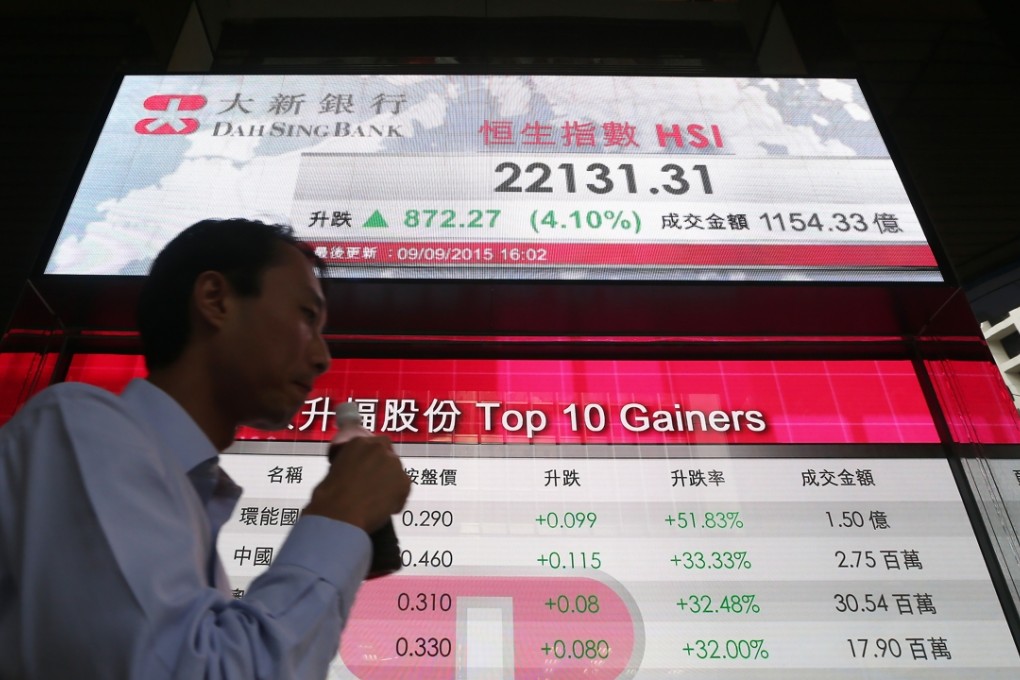
Chinese stocks on Friday scored their first monthly gain in five months, but still finished the week lower on a weak batch of corporate earnings. However, investors rushed to snap up baby-related stocks after China ditched its one-child policy to allow all couples to have two children for the first time in 35 years.
Shanghai stocks nudged lower in seesaw trade, as the benchmark Shanghai Composite Index closed down 0.1 per cent to 3,382.56.
The index settled 0.9 per cent lower for the week, but still capped the month with a solid 11 per cent gain, its first monthly advance since June.
Meanwhile, the large-cap CSI300 index ended flat at 3,534.08. In Shenzhen, the Shenzhen Composite Index was also unchanged at 2,014.86, with the ChiNext Index down 0.3 per cent at 2,478.28.
Hong Kong stocks declined, dragged lower by Chinese banks and oil firms on poor corporate earnings. The Hang Seng Index fell 0.8 per cent to 22,640.04, with the Hang Seng China Enterprises index down 0.4 per cent to 10,396.58.
Baby-related stocks surged in both Hong Kong and mainland markets.
“China’s decision to replace the 35-year-old one-child policy with a two-child policy prompted investors to snap up any shares relating to babies – from diapers and body-care products to baby food and infant milk formula,” said Bernard Aw, an analyst for IG Group.